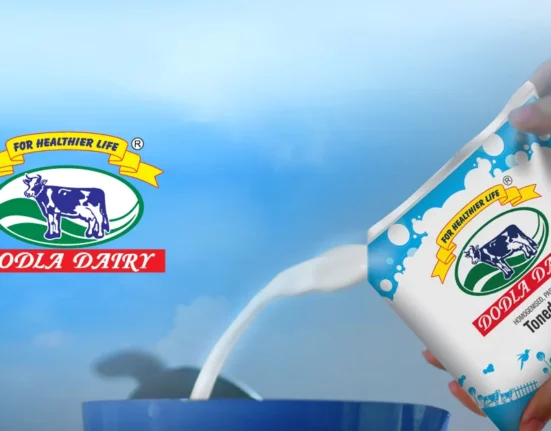Beyond Kashmir’s scenic beauty lies a potential economic powerhouse waiting to be fully realized: dairy farming. In recent years, there has been a growing recognition of the transformative role that dairy farming can play in the region’s socio-economic landscape, offering a pathway to prosperity for its inhabitants. One of the key advantages of dairy farming in Kashmir is its suitability to the region’s climate and terrain. With its temperate climate and abundant natural resources, Kashmir provides an ideal environment for dairy cattle to thrive. The lush meadows and ample water sources offer ample grazing land and hydration for cattle, ensuring high-quality milk production. Additionally, the traditional knowledge and expertise of Kashmiri farmers in animal husbandry further enhance the potential for success in the dairy sector. Furthermore, dairy farming presents a viable alternative to traditional agricultural practices that are heavily dependent on weather patterns and seasonal fluctuations. By diversifying into dairy production, farmers can mitigate risks associated with crop failure and market volatility, thereby ensuring a more stable source of income throughout the year. This resilience is particularly crucial in a region like Kashmir, where extreme weather events and geopolitical tensions can disrupt agricultural activities. Moreover, the dairy sector has the potential to generate significant employment opportunities, especially for rural youth. With proper training and support, young entrepreneurs can establish dairy farms or engage in related activities such as milk processing, marketing, and distribution. This not only addresses the issue of rural unemployment but also empowers local communities by fostering self-reliance and entrepreneurship. In addition to its economic benefits, dairy farming can also contribute to food security and nutrition in Kashmir. By increasing the availability of fresh milk and dairy products, especially in remote areas, dairy farming can improve dietary diversity and combat malnutrition. Furthermore, dairy products are rich in essential nutrients such as calcium, protein, and vitamins, making them an invaluable component of a balanced diet, particularly for children and pregnant women. However, realizing the full potential of dairy farming in Kashmir requires concerted efforts from various stakeholders, including the government, private sector, and civil society. This entails investing in infrastructure development, such as dairy processing plants, cold storage facilities, and transportation networks, to ensure seamless supply chains and market access. Supportive policies and incentives are essential to incentivize investment and innovation in the dairy sector. This includes access to credit facilities, subsidies for inputs such as feed and equipment, and price support mechanisms to ensure fair returns for farmers. Moreover, promoting value addition and branding of Kashmiri dairy products can help differentiate them in domestic and international markets, thereby enhancing their competitiveness and market share.

Share This Post:
Related Post
India Dairy, News, Tamil Nadu
K. Annamalai Acquires Land in Coimbatore for Dairy Farm
September 16, 2025






